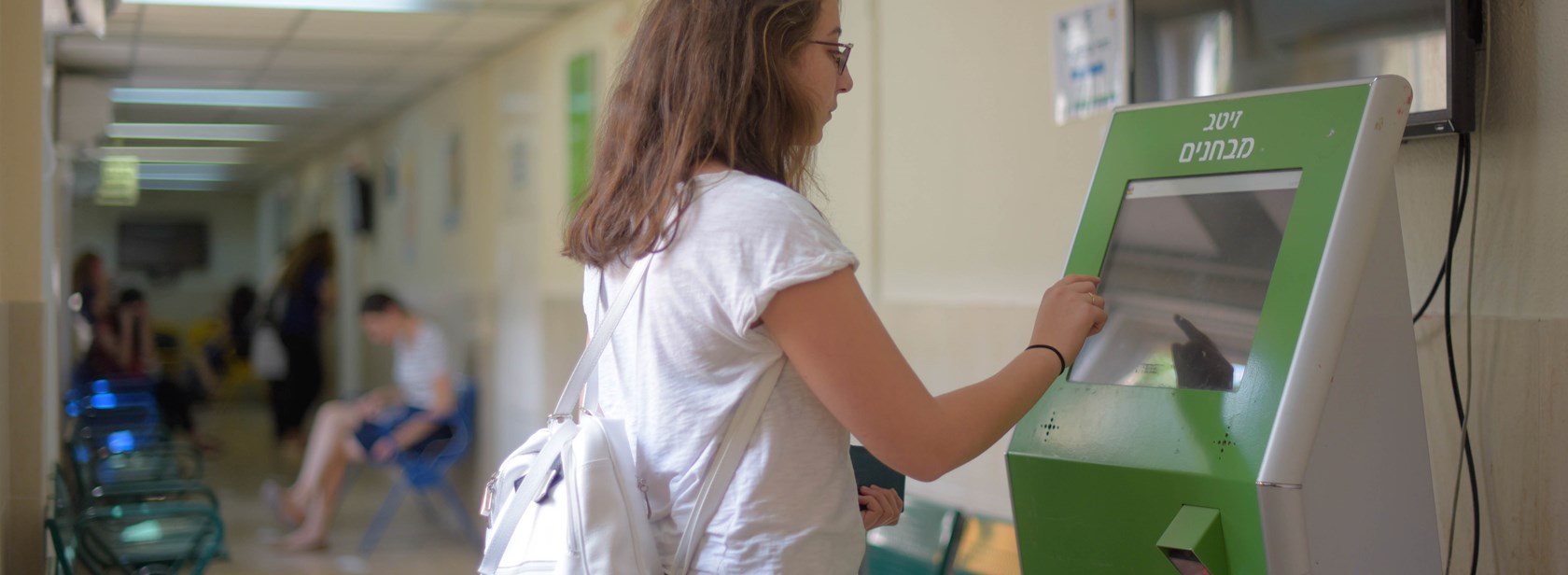You have heard quite a few stories about the First Order. You have friends who are convinced that they are true, but others tell you that it is nonsense. So what really happens in the first order procedure? Meitav unit busts these myths for you.
תפריט נגישות
תפריט נגישות
First Order
First Order: Busting Myths
צו ראשון
Here are 6 myths that must be busted:
- You might have to stay at the recruitment office until midnight → Not true
- Whether it is because you don’t like going home when it’s dark or because you already feel exhausted after several hours of tests, don't worry you won’t have to stay late at the recruitment office. The various recruitment bureaus hold procedures until 5pm. If you do not finish all the procedures that day you will be able to continue another day. It is better to do things at your own pace and in an optimal way rather than rush in vain.
- Urine tests are designed to find drugs in the blood → Not true
- Urine is indeed a means to find traces of drugs but that is not the reason they are conducted in the IDF. The purpose of the urine tests during the First Order is to find out your health and medical condition. Through urine tests you can find out your blood sugar status; the level of proteins, the status of your white and red blood cells, etc. If you have used drugs in the past it is recommended that you mention it in the personal interview regardless.
- The medical examination is intimate and scary → Not true
- You sit in a private room with a doctor, he/ she “asks you to undress…” It sounds like a stressful and uncomfortable experience, but in reality it isn’t as dramatic at all. The examination is straightforward and short. If you do not feel comfortable you can ask to have another soldier there or make a request to get a companion to come with you (just for the examination).
- You have to learn words for the First Order → Not true
- There are lists on the internet containing dozens of different words under the title “Words to learn for the First Order”. It is important to emphasize that the IDF has nothing to do with these lists and they were not written by army officials. The words that appear in the psychotechnical tests vary all the time. It would be a mistake to rely on a random word list from the Internet.
- My adjustments in school are the same adjustments given during the psychotechnical tests → Not true
- The tests in the IDF are different from the tests in school and their purpose is to test cognitive abilities. Therefore, when you hand in documents indicating a learning disability you should know that you might not necessarily receive the same adjustments in the psychotechnical tests. You might not get any adjustments.
- Didactic diagnosis will harm my personal date → Not true
- People often mistakenly think that sending documents of a learning disability will harm the quality of the data of the ‘Malshab’. It is actually the opposite because it will assure the he/ she receives the help necessary to succeed in the psychotechnical tests.

-
{{item.value}}
{{item.count}}
{{counter}} אנשים סימנו כי המידע עזר להם
תגיות
Quantitative Reasoning

How to submit a request to bring in a companion for a medical examination in the first order






